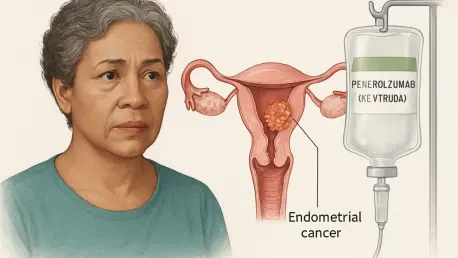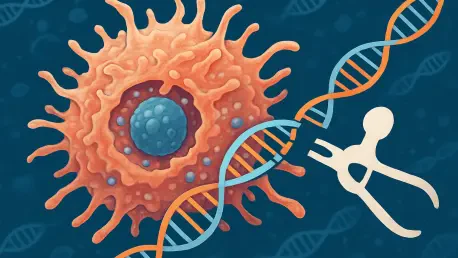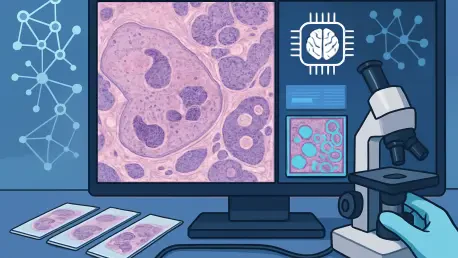
Picture a healthcare landscape where every cancer patient receives a treatment plan crafted specifically for their genetic profile, where artificial intelligence (AI) equips doctors with real-time insights, and where vast data sets unlock breakthroughs in medical research. This transformative

I'm thrilled to sit down with Ivan Kairatov, a renowned biopharma expert with extensive experience in research and development, as well as a deep understanding of technological innovation in the industry. Today, we’re diving into a groundbreaking advancement in cancer treatment: the recent

What happens when the body's tiniest defenders hold the key to battling some of humanity's deadliest diseases? Macrophages, the immune system's first line of defense, are microscopic powerhouses that detect and destroy pathogens while rallying other cells to fight. Yet, their inner workings have

In a world where healthcare faces mounting pressures from rising case complexity and a shrinking pool of pathologists, a quiet revolution is unfolding that could change the game entirely. Digital pathology, the transition from traditional glass slides under microscopes to high-resolution digital

Imagine a child struggling with unexplained neurological symptoms, leaving doctors puzzled and families desperate for answers, only to discover that MPV17-related mitochondrial DNA depletion syndrome (MDDS), a rare genetic disorder caused by mutations in the MPV17 gene, often lies at the heart of

What if a small device on your wrist could sense stress brewing inside you before your mind even registers the tension? In a society where burnout and anxiety often strike without warning, cutting-edge wearable technology is stepping in to offer a glimpse into the body’s hidden stress signals. This